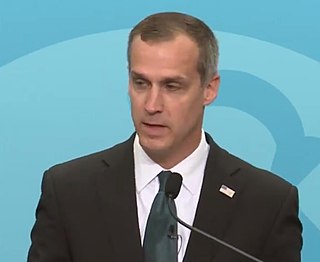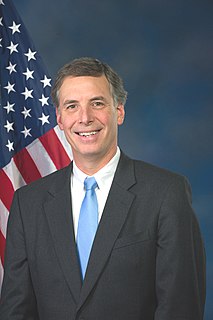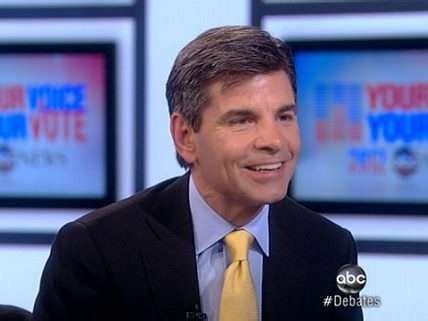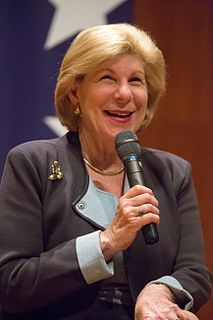A Quote by Ben Sasse
In America, we divide federal power between the legislative, executive and judicial branches so that no one holds too much power. This is sixth-grade civics: Congress writes the laws; the president executes the laws; and the courts apply those laws fairly and dispassionately to cases.
Related Quotes
State inspection laws, health laws, and laws for regulating the internal commerce of a State, and those which respect turnpike roads, ferries, &c. are not within the power granted to Congress. ... Inspection laws, quarantine laws, health laws of every description, as well as laws for regulating the internal commerce of a State, and those which respect turnpike roads, ferries, &c., are component parts of this mass. No direct general power over these objects is granted to Congress, and, consequently, they remain subject to State legislation.
People assume that the executive branch has more power than it actually has. Only the legislative branch can create the laws; the executive branch cannot create the laws. So, if the executive branch tries to create a branch one side or the other... you go back to the founders of the nation. They set up a system that ensures that it doesn't happen.
I was very, very concerned about President Obama and how much executive order and how much executive power he tried to exert. But I think I want to be, and I think congress will be, a check on any executive, Republican or Democrat, that tries to grasp too much power. And really, a lot of the fault is not only presidents trying to take too much power, it's Congress giving up too much power.
Modern Democrats aren't the first political party to abuse power - far from it. Obama isn'??t the first president to abuse executive power - not by a longshot. But he has to be the first president in American history to overtly and consistently argue that he's empowered to legislate if Congress doesn'??t pass the laws he favors. It's an argument that's been mainstreamed by partisans and cheered on by those in media desperate to find a morsel of triumph in this presidency.
The power of the legislative being derived from the people by a positive voluntary grant and institution, can be no other than what that positive grant conveyed, which being only to make laws, and not to make legislators, the legislative can have no power to transfer their authority of making laws, and place it in other hands.
The constitution has divided the powers of government into three branches, Legislative, Executive and Judiciary, lodging each with a distinct magistracy. The Legislative it has given completely to the Senate and House of Representatives. It has declared that the Executive powers shall be vested in the President, submitting special articles of it to a negative by the Senate, and it has vested the Judiciary power in the courts of justice, with certain exceptions also in favor of the Senate.

































